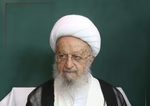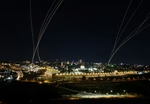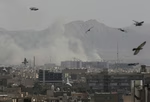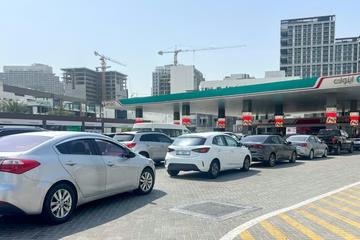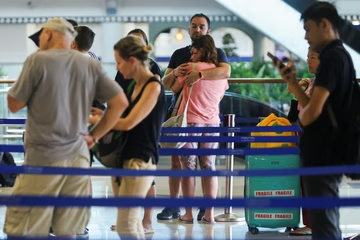Maree Todd: Whenever genocide happens, the world says never again

Genocide denial is still not punishable by law in the Western Balkan countries, and this final phase of genocide – denial, was the main topic of the interview with Maree Todd, a member of the Scottish Parliament who visited Srebrenica, recently, within the “Remembering Srebrenica” foundation.
Oglas
June 11, 2019, marks the 24th anniversary of the most horrific crime on the European continent since the end of World War II – the Srebrenica genocide.
In April 1993, the UN had declared the besieged enclave of the Eastern Bosnian town of Srebrenica a safe area under UN protection.
Oglas
However, on July 11, 1995, the Dutch battalion soldiers failed to prevent the town's capture by the Bosnian Serb forces and the massacre that followed.
More than 8,000 Bosniak men and boys were killed in the days following July 11, 1995, and so far the remains of more than 6,600 have been found and buried.
This year, the remains of 26 victims will be buried in the Potocari memorial, leaving another 1,000 still missing.
According to her, a part of the delegation that came with her is working in museums and exhibitions in Scotland. A part of what they do establishing cooperation between Bosnian and Scottish museums in order to have exhibitions remembering the Srebrenica genocide and next year they plan to mark the 25th anniversary of the July 1995 events.
Oglas
She adds that her role, after returning to Scotland, will be to educate people of what happened in Bosnia and make sure that lessons are learned.
The entire interview can be viewed in the video.
Kakvo je tvoje mišljenje o ovome?
Učestvuj u diskusiji ili pročitaj komentare
Oglas
Kakvo je tvoje mišljenje o ovome?
Učestvuj u diskusiji ili pročitaj komentare
Oglas





 Srbija
Srbija
 Hrvatska
Hrvatska
 Slovenija
Slovenija










